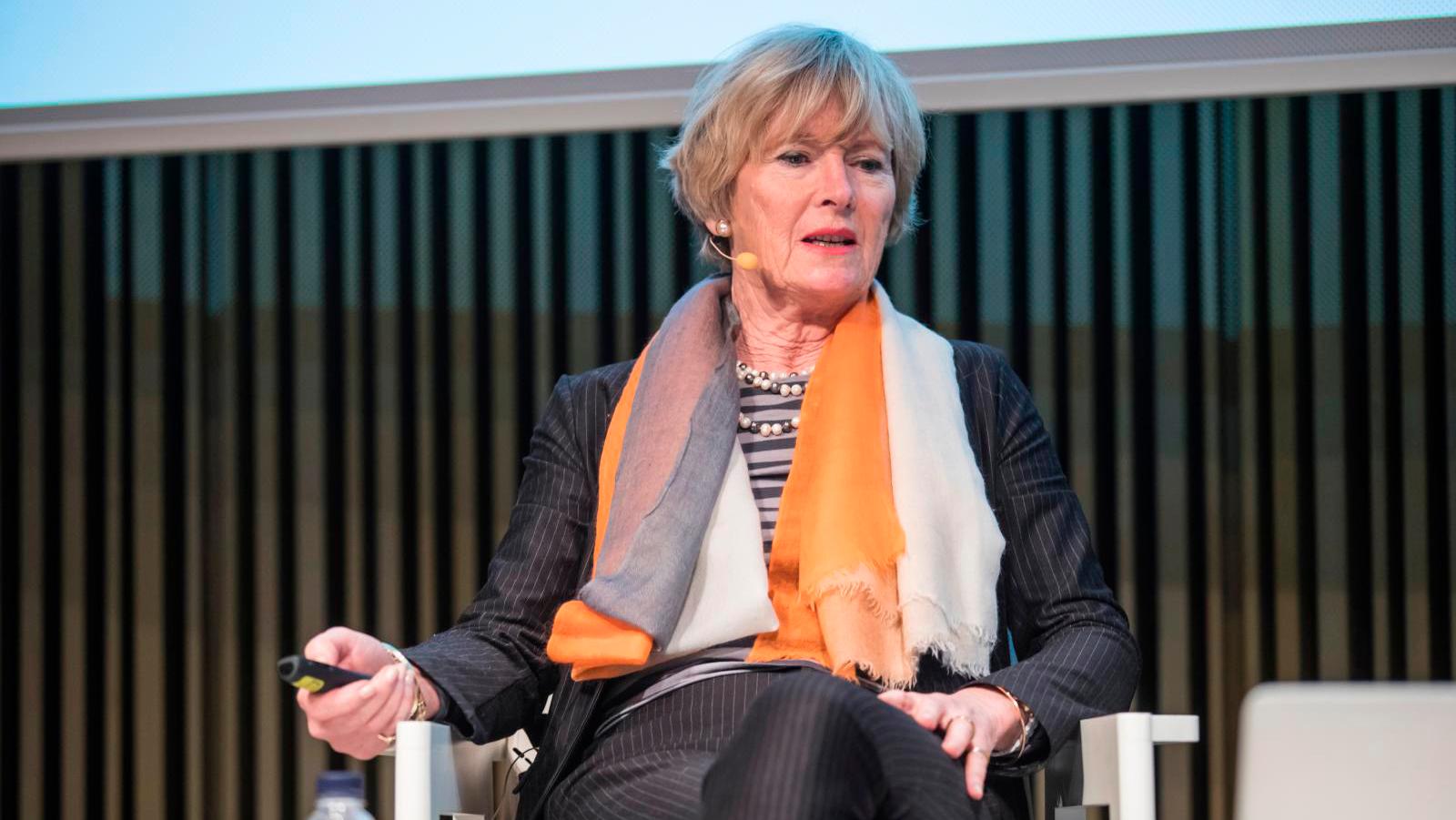After four years of hesitation and negotiations, Brexit is now a reality. Georgina Adam, an international art specialist, analyses the initial effects.
Georgina Adam is the star editorial writer for the Financial Times and a key figure at all the talks, conferences and events in the art world. After studying Islamic Art in Paris and working at the Ecole du Louvre as an auditor, she soon became the special Paris correspondent for the Daily Telegraph . She spent five years in Japan (1995-2000), and then collaborated with The Art Newspaper before becoming editor of the art market section on her return to the UK. In 2008, she left her full-time role while continuing to write for the newspaper, and began producing a weekly column for the FT. In 2014, she published her first book, Big Bucks , followed four years later by Dark Side of the Boom . Her next book will deal with the recent upsurge in the number of private museums.
Are we beginning to feel the first effects of Brexit on the other side of the Channel? Not really. There is usually not much activity in the art market during January and most of the first quarter's fairs ( BRAFA ,…
com.dsi.gazette.Article : 20750
This article is for subscribers only
You still have 85% left to read.
